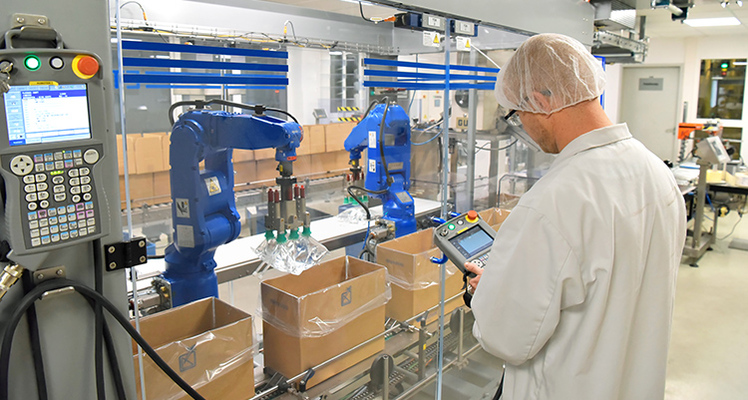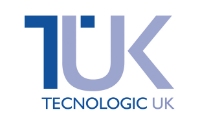
Commissioning custom electronic systems involves designing and building electronics that are tailored to specific requirements or specifications.
Tecnologic have achieved market-leading status in providing custom design and manufacture services for a range of elements across process control and heating systems.
If you are looking to commission custom electronics components for automation projects and systems Tecnologic have the expertise across many types of industry and are able to help specify and locate the best component parts and programming for your system.
Arrange a discussion with our expert team, able to advise on solutions for applications within Brewing to laboratories, food packaging to traffic signaling and even smoke machines!
Your Guide to Custom Electronics Systems:
Here are some key considerations when commissioning custom electronic systems:
Functionality: The first consideration is the capability of the elements and their suitability to perform the required functions as per the specifications. This area is the most fundamental element of any project and you can rely on the team at Tecnologic to provide the depth of knowledge about a vast rage of components to be able to match to your specific requirements.
Compatibility: All the elements specified in the project must be compatible with the other components of the system, such as sensors, power supplies, or actuator. The knowledge and experience of our team excel in being able to identify the best-fit solutions across entire process or heating systems and can provide you with up-to-the-minute advice on the best way to achieve your requirements.
Performance: Tecnologic devices are all built to exact standards and to achieve high performance and quality standards. The overall performance will hinge on the individual elements being able to meet the desired performance metrics, such as speed, accuracy, resolution, or power consumption, additionally there may be efficiency targets to achieve in the operation of such systems and the team at Tecnologic can guide you through the process stage by stage.
Environmental factors: The electronics must be designed to operate in the environmental conditions where they will be used. This includes considerations such as temperature, humidity, vibration, or dust.
Regulatory compliance: Regulation and compliance standards are becomming increasingly complex and the appropriate approvals can be advised. Custom electronics must meet any relevant regulatory standards or certifications that apply to the application or industry.
Safety: The electronic elements must be specified to ensure the safety of users and operators, with appropriate insulation, grounding, or protection against electrical hazards.
Maintenance: The custom electronics must be designed with ease of maintenance in mind, with features such as modular construction, easy access to components, or diagnostics capabilities.
Cost: Finally, the cost of the custom electronics must be taken into consideration, including the design, prototyping, testing, and manufacturing costs, as well as any ongoing maintenance or support costs.
By carefully considering these factors, it is possible to commission custom electronics that meet the specific needs of a particular application or system, while ensuring reliability, safety, and achieve the right level of cost-effectiveness for your project, whether this be for the manufacture of bulk or low or single volume prototyping.
Commissioning Bespoke Heating Elements.
Tecnologic is also a leading UK based industrial heating supplier that can provide an extensive array of stocked products, plus the ability to manufacture heaters and bespoke heating elements.
You will find full details of the types of heating solutions specialised in at the link above and will find a useful search facility to locate specific heating types as well as accessories, heating kits and elements. The sales team are qualified technical experts and are always available to talk through the specific situation to help provide advice and suitable products to achieve the efficiencys and systems required.
















.png)
.png)








Leave Your Comment & Rating Below
0 Comment(s)